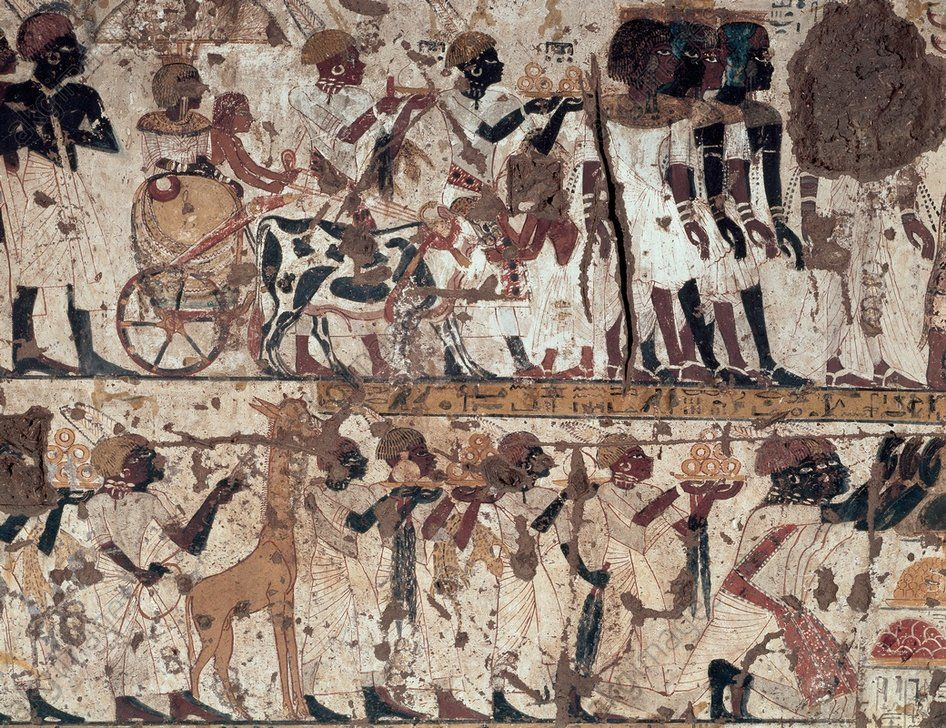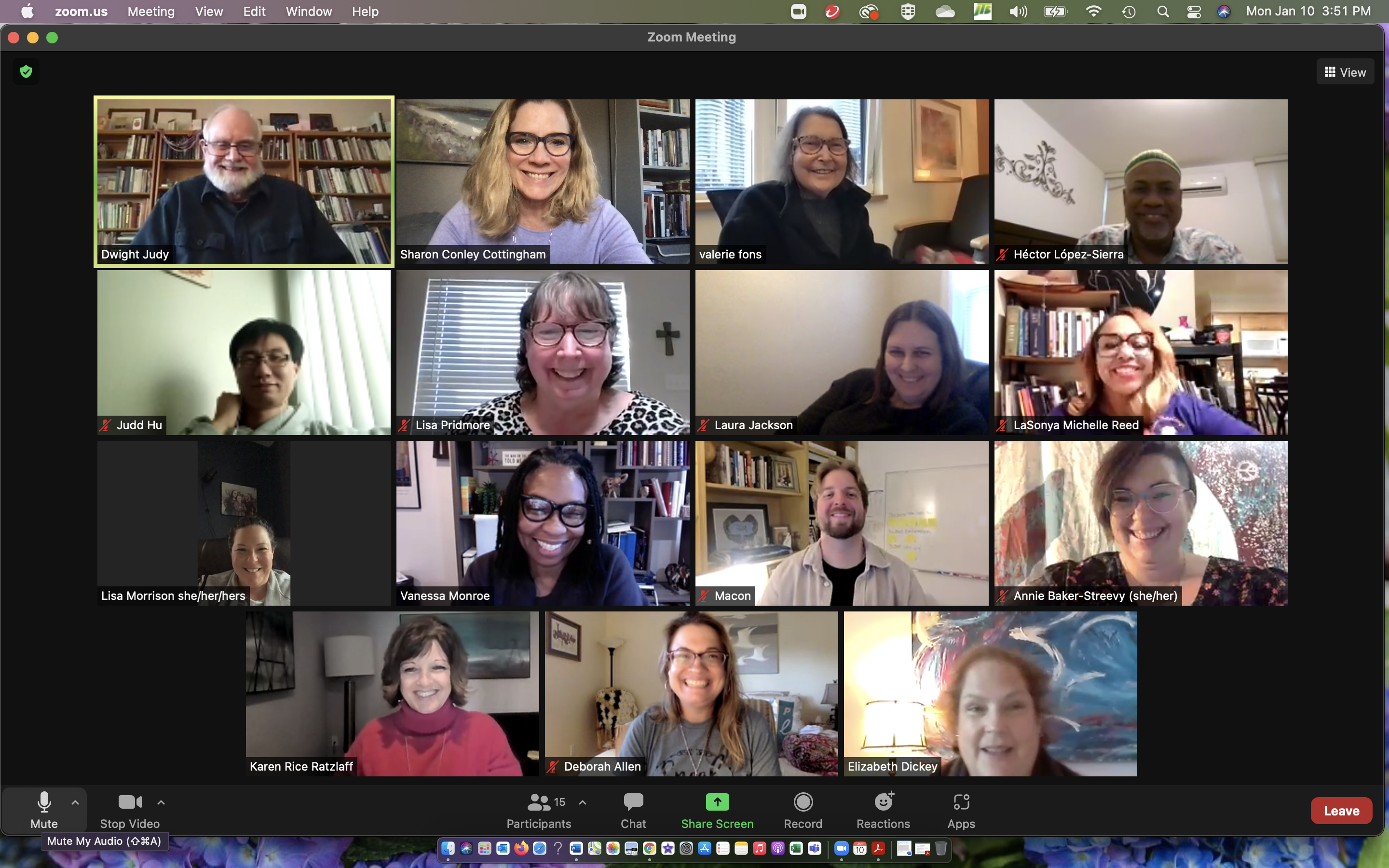- Teacher: Jonathan LeMaster-Smith

- Teacher: Aaron Dorsey

- Teacher: Mai-Anh Le Tran

- Teacher: Dwight Judy

COURSE DESCRIPTION
Contrary to popular belief, there is no such thing as “objective” interpretation. In fact, it can be argued that all interpretation, especially biblical and theological interpretation and practice is a matter of and affected by the social location of the interpreter and those who are receiving the interpretation.[1] Furthermore, Mitzi J. Smith maintains that even the selection of the piece to be interpreted is an act of interpretation because of the value the interpreter places on the object of interpretation. This idea that everything is an interpretation, especially as they pertain to biblical, theological and artistic forms of interpretation is called hermeneutics.
In this course, we will be analyzing how race, gender, sexual orientation, class, age and ageism affect how one interprets whether as interpreter or receiver of the interpretation. We will also discuss how important lived and living experience, as well as memory, affect interpretation (i.e., the “fluidity” of interpretation.)
This course is not a philosophical debate about the ontology of race/racism, gender/sexism/ homophobia, and class/inequality (i.e., it does not question whether these realities exist). This class begins with the assumption that these are realities which have an observable history and which have been an intimate part of the systemic whole of modernity’s distorted distribution of power, wealth and influence in the world – socially and politically. In this class we will approach the issues of gender, race, class, sexuality, oppression, power, and privilege from a theological and social-scientific perspective.
COURSE OBJECTIVES
Students will:
- Acquaint themselves with biblical, theological, and philosophical approaches to hermeneutics.
- Analyze the ways in which race, class, gender, and sexuality have been, and continue to be, socially constructed.
- Apply the feminist theoretical lens of intersectionality to understand how race, class, gender, sexuality, ability and age integrate, overlap, and intersect to affect individuals’ lived experiences with structures of power and how these affect one’s biblical and theological interpretation and practice.
- Understand the difference between Paolo Fieri’s “banking” and “conscientization” models of education and how these affect the interpretation and the receiving of the interpretation with regard to social movements.
COURSE OUTCOMES
At the conclusion of this course, students should be able to:
- Hone the skill of deploying a theological hermeneutic as appropriate to their fields of scholarship and inquiry.
- Deploy a personal working definition of hermeneutics.
- Employ a hermeneutical spiral that incorporates a hermeneutic of suspicion and retrieval.
- Connect wider hermeneutical concerns to their field and research interests.
- Use a contextualized theological hermeneutic to make sense of cultural artifacts and other non-traditional “texts” so as to understand how these resources may inform or relate to “traditional” forms of biblical and theological interpretation and practice.
- Teacher: Felicia LaBoy
- Teacher: Barry Bryant
- Teacher: Mark Teasdale